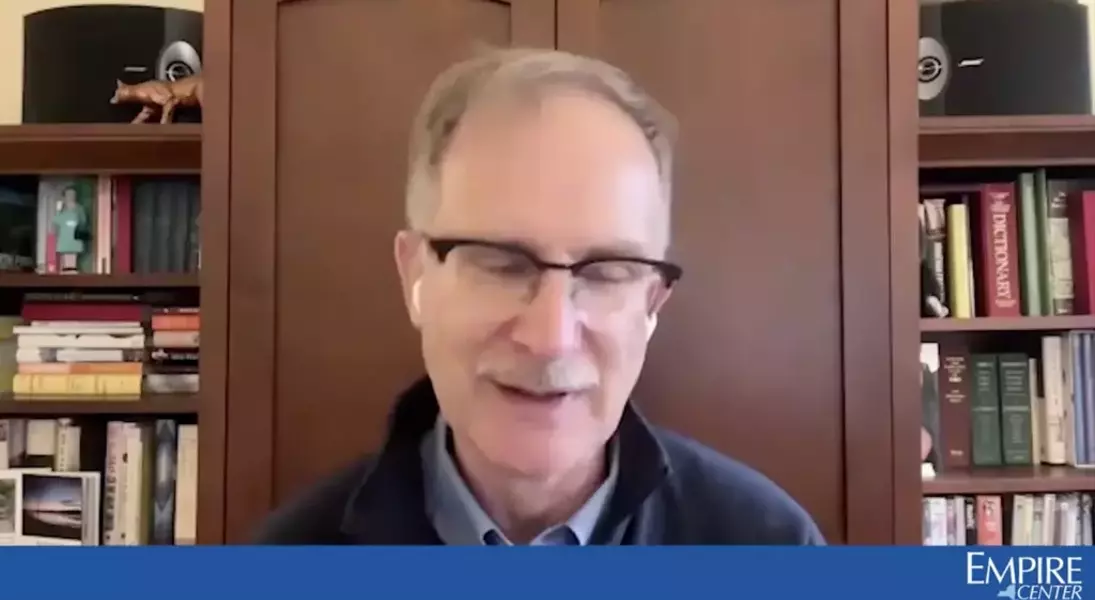In this episode of Messages of Necessity, Empire Center Senior Fellow for Health Policy Bill Hammond and the Center's General Counsel, Cam Macdonald, delve into the intricacies of Governor Hochul's recently proposed "MCO tax" and its potential implications for New York's Medicaid financing. They explore the tax's origins, modeled on a similar approach in California, and discuss how this plan could bring in a fraction of the projected $4 billion in extra federal aid that state lawmakers anticipated.
Uncovering the Hidden Costs and Potential Consequences of New York's Medicaid Financing Shake-up
The Origins and Mechanics of the "MCO Tax"
The proposed "MCO tax" is a novel approach to Medicaid financing, drawing inspiration from a similar model implemented in California. By imposing a tax on managed care organizations (MCOs) that administer Medicaid benefits, the state aims to generate additional federal funding to support its Medicaid program. However, as Bill and Cam unpack the details, it becomes clear that the projected $4 billion in extra aid may be an overly optimistic estimate.According to the state's federal waiver application, the "MCO tax" is expected to generate gross revenues of $2.8 billion. After accounting for state costs, the net returns are estimated to be between $1.4 and $1.8 billion. This discrepancy between the projected $4 billion in aid and the actual net returns highlights the complexities and potential pitfalls of this financing strategy.Potential Legal and Policy Implications
The implementation of the "MCO tax" could have far-reaching legal and policy consequences for insurers, Medicaid recipients, and New York taxpayers. Insurers may face increased financial burdens, potentially leading to higher premiums or reduced benefits for Medicaid enrollees. Additionally, the legality of the tax itself may be called into question, as it could be perceived as a violation of federal regulations governing Medicaid financing.Moreover, the potential impact on Medicaid recipients is a significant concern. If the tax leads to higher costs for insurers, it could result in reduced access to healthcare services or a narrowing of provider networks for Medicaid beneficiaries. This could exacerbate existing disparities in healthcare access and quality, particularly for vulnerable populations.Navigating the Complexities of Medicaid Financing
Reforming Medicaid financing is a complex and multifaceted challenge, and the proposed "MCO tax" is just one piece of the puzzle. As Bill and Cam's discussion highlights, the financial mechanics and potential consequences of this approach require careful analysis and consideration.Policymakers must weigh the potential benefits of increased federal funding against the potential drawbacks, such as higher costs for insurers and Medicaid recipients. Additionally, they must ensure that any changes to Medicaid financing comply with federal regulations and do not inadvertently create new barriers to healthcare access.Ultimately, the success of the "MCO tax" and other Medicaid financing initiatives will depend on a nuanced understanding of the system's complexities and a commitment to balancing the needs of all stakeholders – insurers, healthcare providers, and, most importantly, the Medicaid beneficiaries themselves.You May Like

